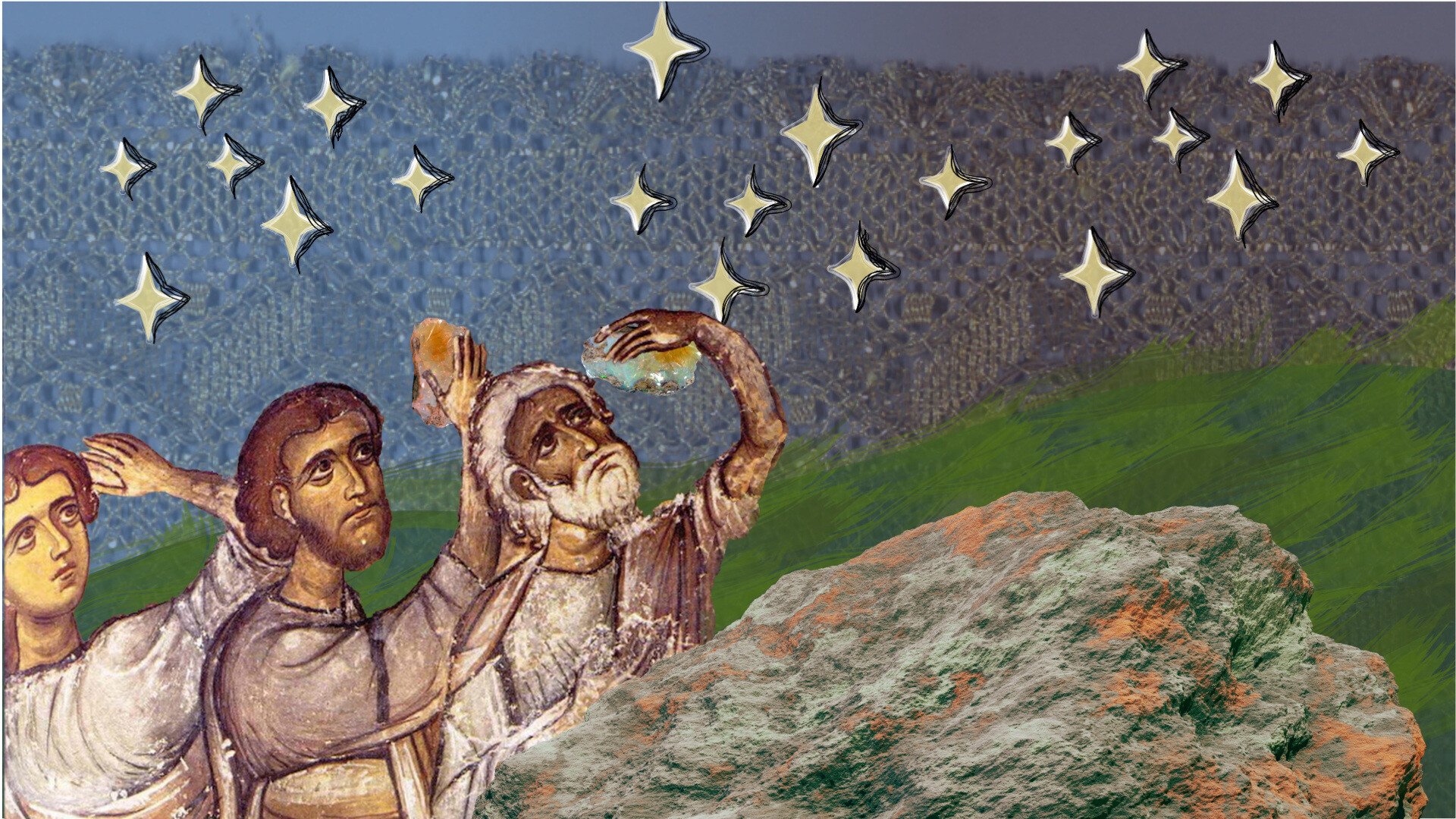Rod Dreher. Living in Wonder: Finding Mystery and Meaning in a Secular Age. Grand Rapids: Zondervan, 2024. $29.99, 288pp.
I can remember the first time it dawned on me that my view of reality had gaps. I was an early twenty-something in a Bible College missiology class learning about the spiritual beliefs of different cultures. There were two large categories: the modern West, and then everyone else. A diagram appeared with three tiers: the bottom tier was for human beings, who have a spiritual capacity; the top tier was for transcendent beings beyond the world (God or the gods); and the middle tier was for intermediary beings, of which every culture save the modern West had plenty: faeries, djinns, demons, angels, elves, Iwa, nature spirits, and so on.
Login to read more
Sign in or create a free account to access Subscriber-only content.
Topics:
